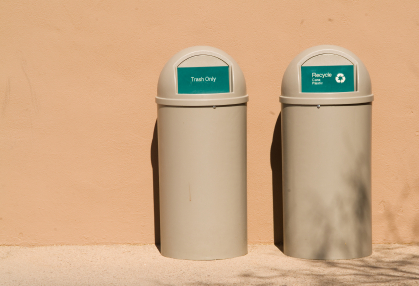 The practice of perseverance has long fascinated me. Perhaps it’s because I’m the daughter and the granddaughter of Marines, but I’m drawn to the stories of endurance, of people who exhibit stick-to-itiveness even when the odds are stacked against them. My “life verse” is James 1:12 in which the writers extols the reward for the child of God who perseveres when trials abound. I want to be the kind of person who keeps putting one foot in front of the other, even when things around me seem weighty, trusting that it’s God, and not I, who carries the load.
The practice of perseverance has long fascinated me. Perhaps it’s because I’m the daughter and the granddaughter of Marines, but I’m drawn to the stories of endurance, of people who exhibit stick-to-itiveness even when the odds are stacked against them. My “life verse” is James 1:12 in which the writers extols the reward for the child of God who perseveres when trials abound. I want to be the kind of person who keeps putting one foot in front of the other, even when things around me seem weighty, trusting that it’s God, and not I, who carries the load.
Despite my penchant for perseverance, I don’t think I’ve ever fully appreciated how it relates to other aspects of the Christian faith. In reading I Corinthians 13:13, Paul writes that it is faith, hope and love that endures, not my stubborn determination. My perseverance shouldn’t be prompted by trust in myself, but instead, by the faith, hope and love that comes from God.
Growing up, I was used to hearing I Corinthians 13:13 in the New International Version which states that faith, hope and love remain. The challenge is that it is easy to think of “what remains” as what is leftover – as what we’re stuck with after everything else is gone. However, the word used here is really the same word that is used describe a Christian’s relationship with Christ. That word is “abide.” In John 15:4, Jesus teaches His disciples, “Abide in me and I in you.” In other words, if you are His child, you need to remain steadfast in Him, as He remains steadfast in you, in order that you might endure to the end. It means staying with Him, which doesn’t mean standing still. It means going where He leads; walking the path that He’s on; holding close to Him; following in His steps.
In a similar way, faith, hope and love are not passive. They are not leftovers; they are what lasts. And if I want to endure, they should characterize my life as well.
